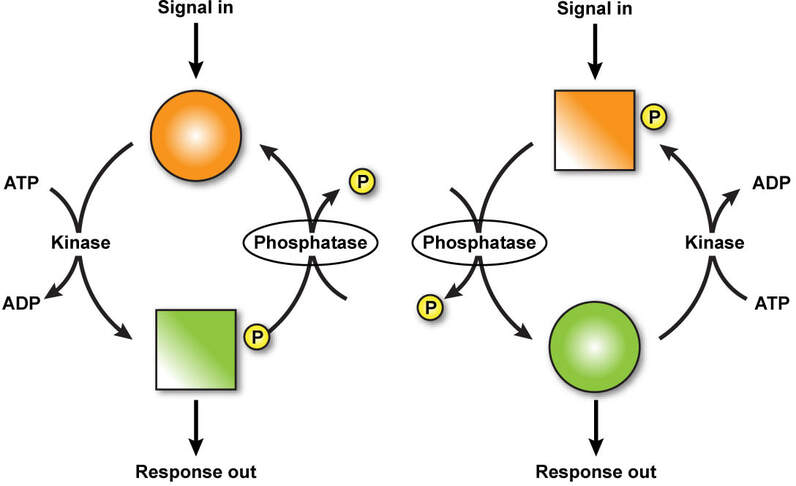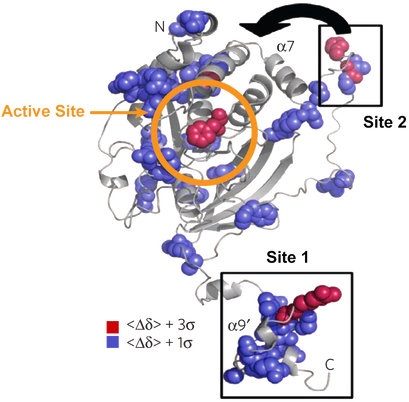Untapped Potential of Protein Phosphatases
|
Disruption of Protein Tyrosine Phosphatase (PTP) function underlies cancer, inflammatory diseases, diabetes, neurological diseases including Alzheimer’s, and various rare diseases.
|
|
Shape Divider - Style triangle
|
|
Shape Divider - Style triangle
The Challenge: Poor or No Oral Bioavailability in First
Generation PTP1B Inhibitors
|
|
Shape Divider - Style triangle
The Solution: DepYmed Has Overcome the Challenges of Developing PTP1B-Targeted Inhibitors as Drugs
DepYmed Has Successfully Developed a PTP1B-Targeted Inhibitor Drug Platform
|
|
Shape Divider - Style triangle
Key Features of Molecules From DepYmed’s Innovative PTP1B Inhibitor PlatformDepYmed’s proprietary portfolio of allosteric PTP1B inhibitors include molecules that:
|
Shape Divider - Style triangle
DepYmed Platform - Two Types of PTP1B Inhibitors
|
A Novel Mechanism for Allosteric Regulation of PTP1B
|
Single-Action Inhibitors
(MoA: Exclusively Inhibit PTP1B Enzyme) Application: Rett Syndrome, Oncology
Dual-Action PTP1B Inhibitors
(MoA: Inhibit PTP1B + Chelate Copper) Application: Oncology, Wilson Disease
|
Shape Divider - Style triangle




